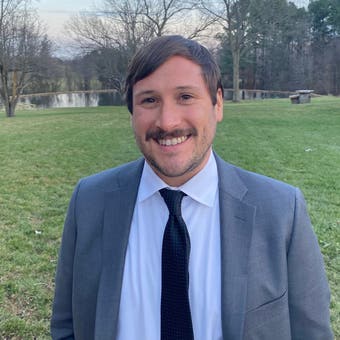BOSTON – Like many students, it took Shelane Etchison time to adjust to graduate school. Perhaps less typical, she had to figure out how to simultaneously juggle two Ivy League master's programs.
But maybe Etchison's most unique adjustment was adapting to civilian life after spending years hunting high-value targets in places like Afghanistan and Syria as one of the first female soldiers to serve in a special operations unit, let alone a combat role.
"I've had to work to be more conscious and deliberate about what is my next purpose and mission, who is part of my new tribe?" Etchison, 36, told Fox News. "That can be challenging. It's been lonely and kind of strange at times."
"But in the last year, through getting help with the [Department of Veterans Affairs] and starting to build some friendships in school, you start to see the opportunities and possibilities that the civilian world can give you," Etchison continued.
FEMALE SAILOR BECOMES THE FIRST WOMAN TO COMPLETE NAVAL SPECIAL WARFARE TRAINING
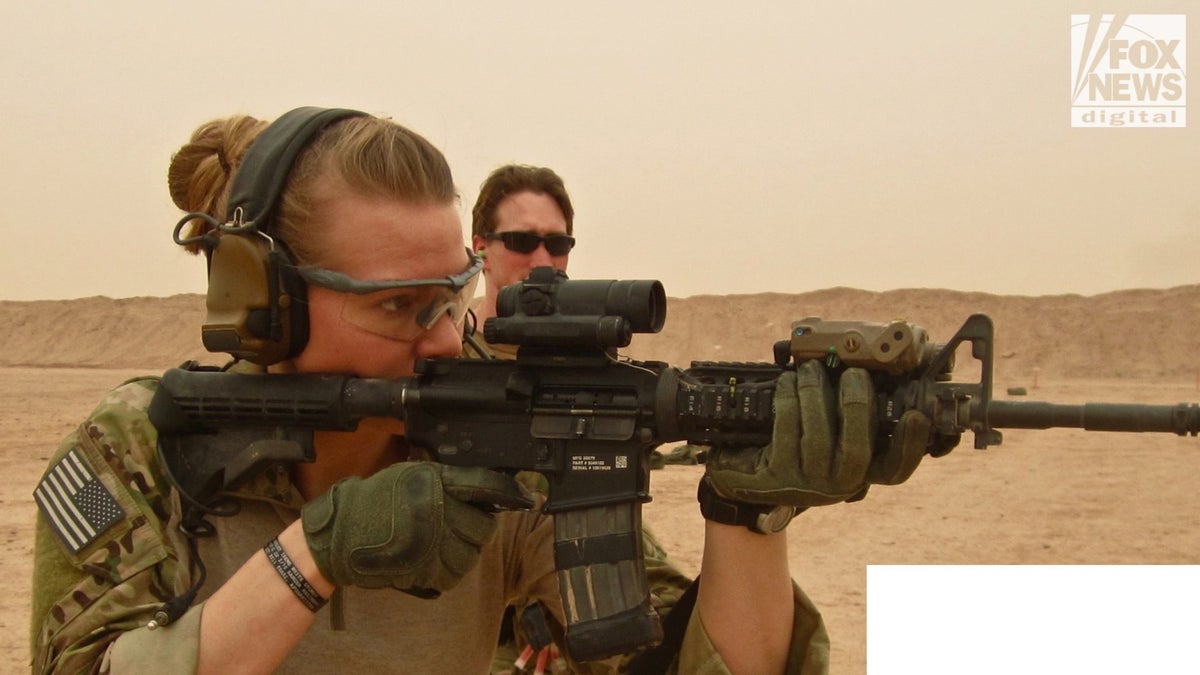
Shelene Etchison, one of the first women allowed in a combat role, trains in preparation for deployment.
The Florida native, who recently graduated with two master's degrees from Harvard University, settled on her next mission: returning to her old stomping grounds abroad. But this time, Etchison aims to help develop the war-torn countries’ economies, rather than take up arms.
A role only women could fill
Like many servicemembers of her generation, the Sept. 11 terrorist attacks compelled Etchison, who was in high school at the time, to join the Army.
"It's surprising to my family that I ended up joining the military," she told Fox News. "It's even surprising to myself."
"I decided I wanted to be as close to the front lines and what we are actually doing to combat terrorism," Etchison continued.
After finishing college as an ROTC student, however, the new Army officer was kept far from the fighting.
"It was disheartening and frustrating, frankly, that by virtue of being a woman and that alone I was not allowed to go into the parts of the military that would be closest to actually combating terrorism," Etchison said.
But she soon had the opportunity, not just to fight, but to become part of the founding class of specially trained female fighters.
Special operations forces in Afghanistan, like the Army Rangers and the Navy SEALs, were hunting high-value Taliban and al Qaeda targets, but faced a major obstacle: cultural norms forbid American men from talking with Afghan women, meaning the U.S. military was losing out on a major source of intelligence.
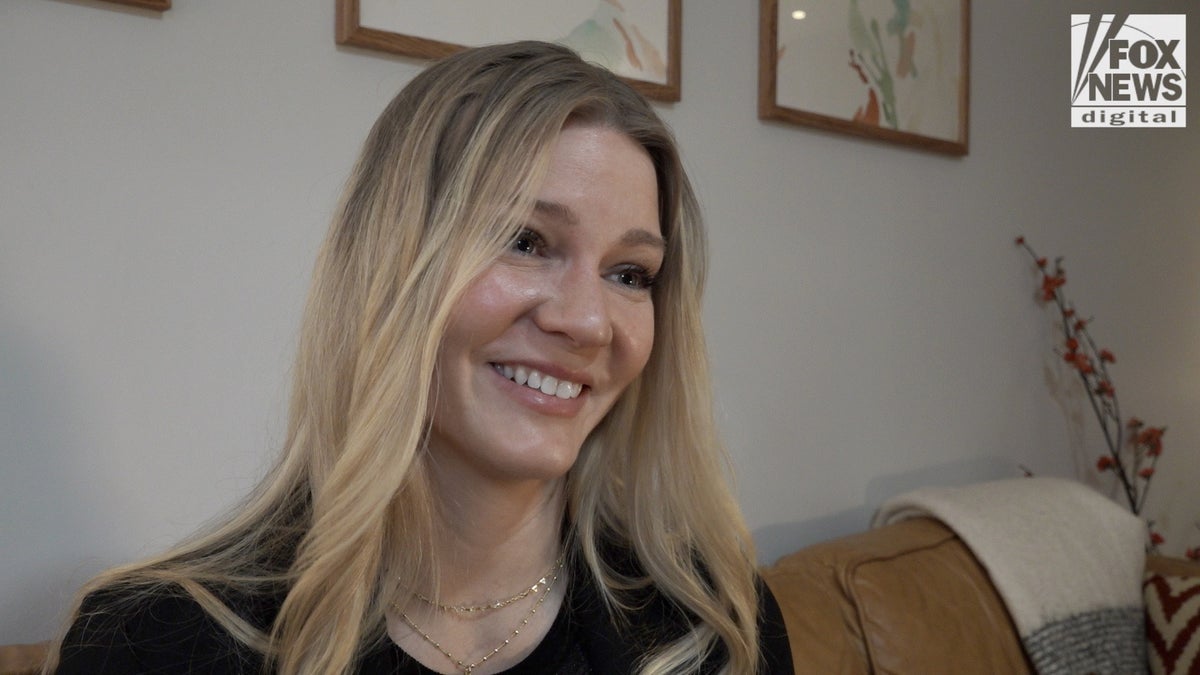
Shelane Etchison discusses transitioning from Army special operations to two Harvard master's programs. (Fox News)
AFGHANISTAN'S TALIBAN URGED BY UN SECURITY COUNCIL TO LIFT RESTRICTIONS ON WOMEN, GIRLS
"The women know what's going on in their village," Etchison said. "They know what's going on in their homes. And so we were leaving potentially tons of vital intelligence that they know just untapped."
"So, if it's only women who could talk to these Afghan women, then they need to recruit only women to do this job," the veteran continued. But "at the time, there weren't women in any of these special operations units. The military banned women from even trying out to be in these units."
Three years into Etchison’s career, the Army aimed to close that gap. In 2011, it formed Cultural Support Team, an all-female fighting force within the 75th Ranger Regiment that would work alongside a team of Afghan women trained for combat by their own military.
"It seemed almost like: 'here, this is the time, this is the chance,'" Etchison told Fox News. "This is unprecedented that the military's looking for women to fulfill these jobs in these combat roles and doing so within special operations units."
Etchison joined part of the 20-woman inaugural team, making her one of the first women in U.S. history to join men on the front lines, let alone special operations.
"Myself and my female colleagues in the Cultural Support Teams," Etchison said, "we just did it."
"From the application process, through the challenging selection process, we were run into the ground, given like no sleep, given all these different physical challenges, mental challenges, the training," Etchison continued. "Then our deployment, from literally surviving Afghanistan, winning over our male colleagues, proving our place in this organization, making a mark for women in the military ahead. And just creating such solid bonds with our group of women."
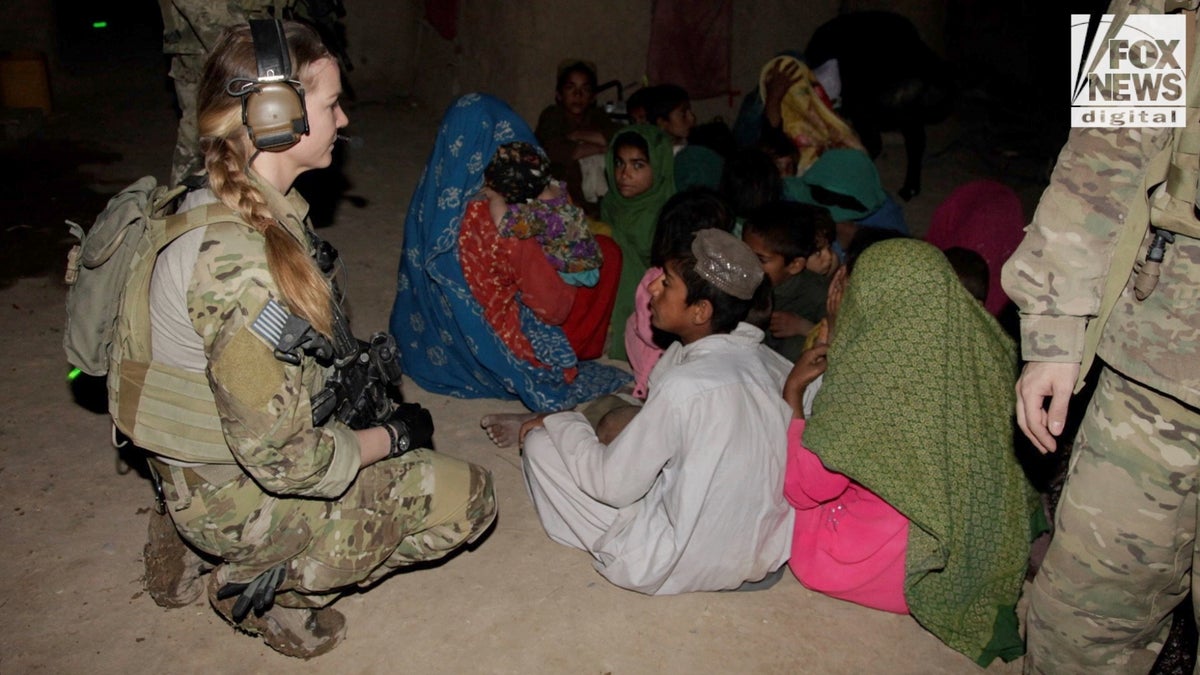
Shelane Etchison gathers information about the Taliban from women and children in the Helmand Province.
From war zones to Ivy League
Etchison’s accomplishments, achieved so young, created a new challenge.
"You really questioned ‘did I peak at 25 years old?’" she said. "Is the most consequential thing that I am going to accomplish already done?"
"And kind of grappling with 'what do I do now?' was challenging," Etchison added.
She began seeing limits to the military, that there was only so much she could do as a servicewoman to help people in war-torn countries.
"Impact in the armed forces only goes so far," Etchison told Fox News. "A lot of the places I deployed to – Iraq, Afghanistan, Syria, Europe—there needs to be more than military intervention to solve these problems. That was so clear in these places I went to."
She ultimately decided her path was outside the military. The Army major left after 11 years in the service.
"The reasons why I decided to leave were very, very challenging to come to," Etchison told Fox News. "And I did not take it lightly, but I personally felt like it's a hard, fast, demanding life. And there were certain personal tolls that were being taken."
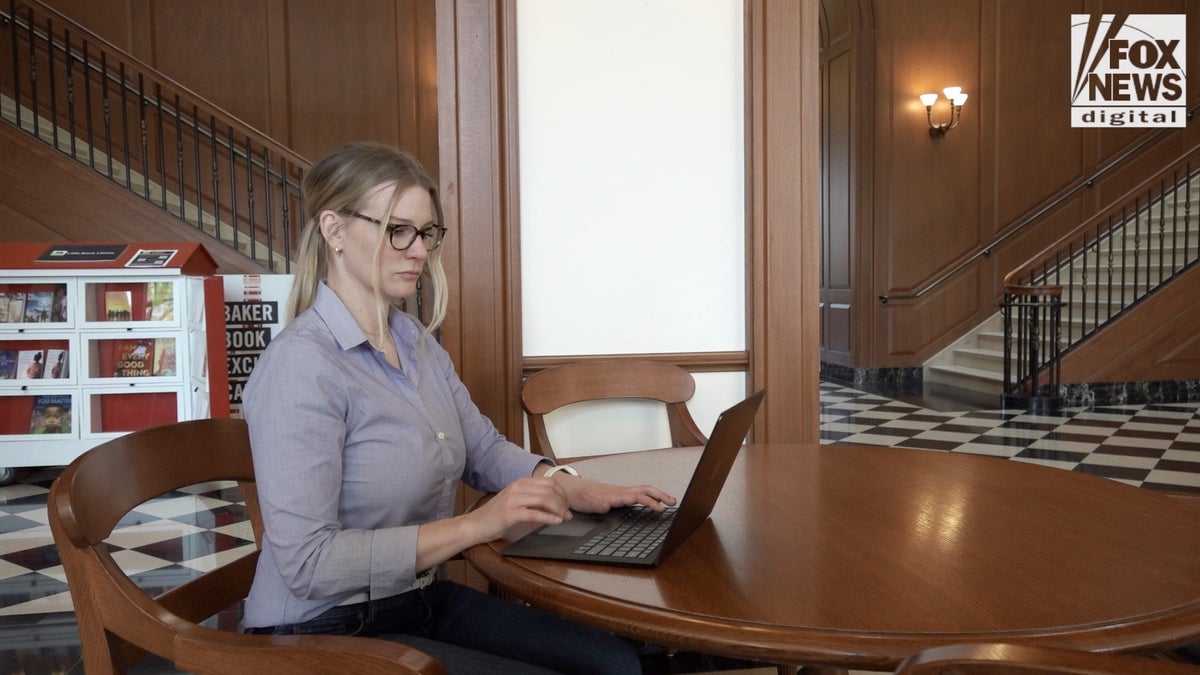
Shelane Etchison, a former special operations soldier, works on two Harvard master's degrees.
US AFGHANISTAN AID GOING DIRECTLY TO TALIBAN, NONPROFITS WARN
She eventually resolved that helping these countries she grew to cherish would be her new mission – but this time, through peace.
"I wanted to go to school to be able to bring further impact to these places that I really do care deeply about and have great people that are worthy of a stable, secure life," Etchison told Fox News. "And to me, that looked like transitioning from the security apparatus to other apparatuses of development, like in economic development and economic opportunities in these places."
"I had to get out of the military to be able to do that," Etchison added.
Etchison said her time in the armed forces and specifically her experience with the Cultural Support Team inspired her to apply to Harvard.
The Army "just challenges you and pushes you beyond what you think you’re capable of," Etchison told Fox News. "And the cultural support team just put that on a rocket ship for me."
"I thought, you know, there's no reason to put limits. I'll apply to Harvard Business School and Harvard Kennedy School of Government," she told Fox News. "I ended up getting into both."
But Etchison’s transition out of the military wasn’t easy, starting Ivy League dual master's programs aside.
"There is a sudden loss of community, identity, purpose," she said. "You go from an organization where literally your squad leader or whoever's in charge of you, their job is to have personal accountability of you every day."
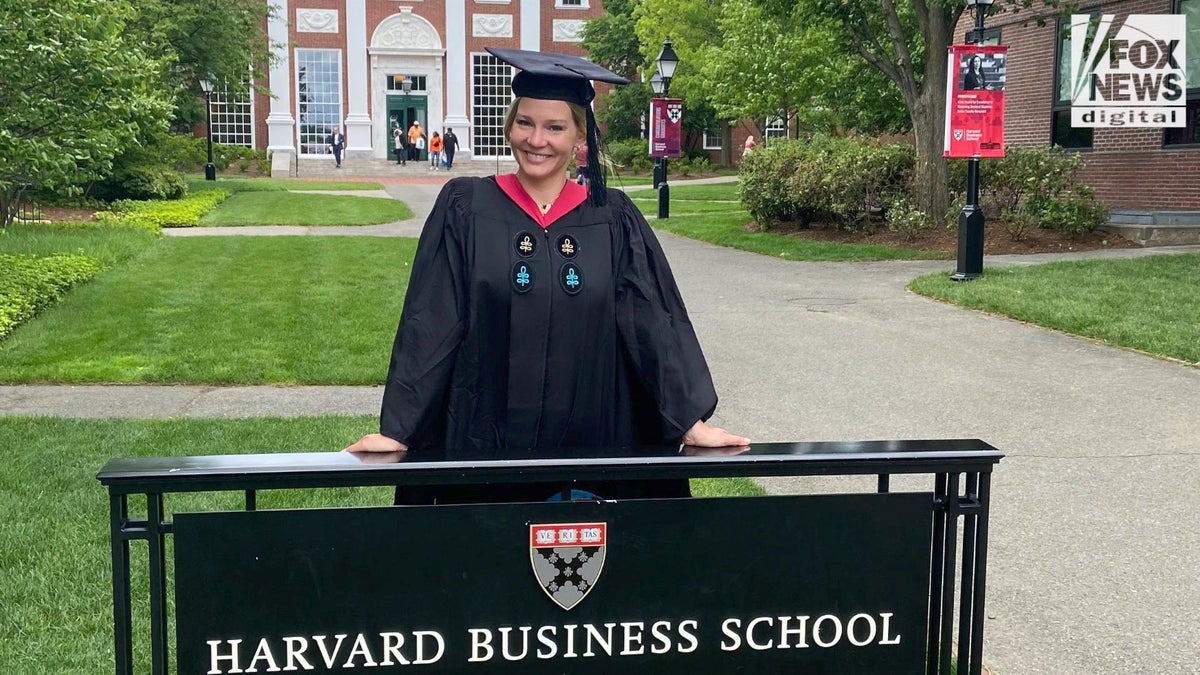
Shelane Etchison in her graduation robes after completing two master's programs at Harvard University.
COMBAT VETERAN AND HIS WIFE HELP OTHERS FIGHT PTSD — AND FIND HEALING AND HOPE
"And then you go to the civilian world where no one needs to call you. No one needs to check up on you," Etchison continued. "It took probably a year and a half for me to start to feel better."
She broke down her former sense of direction – suddenly eliminated from her daily life – into simple terms.
"The military kind of hands you your purpose," Etchison told Fox News. "Here's your mission. Here's your teammates. Work together. Accomplish said mission."
"That just feeds so much into our tribal brain of working together and accomplishing something," Etchison continued.
Her experience with the Cultural Support Team, however, helped her overcome these challenges and reorient herself.
CLICK HERE TO GET THE FOX NEWS APP
"The Cultural Support Team Program—seeing that through and being successful in it was a life lesson that you really shouldn't put limits on yourself," Etichson said. "And also a lesson that challenge is good."
In May, Etchison graduated with master's degrees in public policy and business administration. She starts an economic development job later this month in Iraq.
"It’s a starting point into exploring … going back into post-conflict zones and what else stability looks like besides just military intervention," Etchison said.
CORRECTION: An earlier headline incorrectly identified Etchison as a Ranger. She was deployed with the Rangers, but not as a Ranger. We regret the error.
